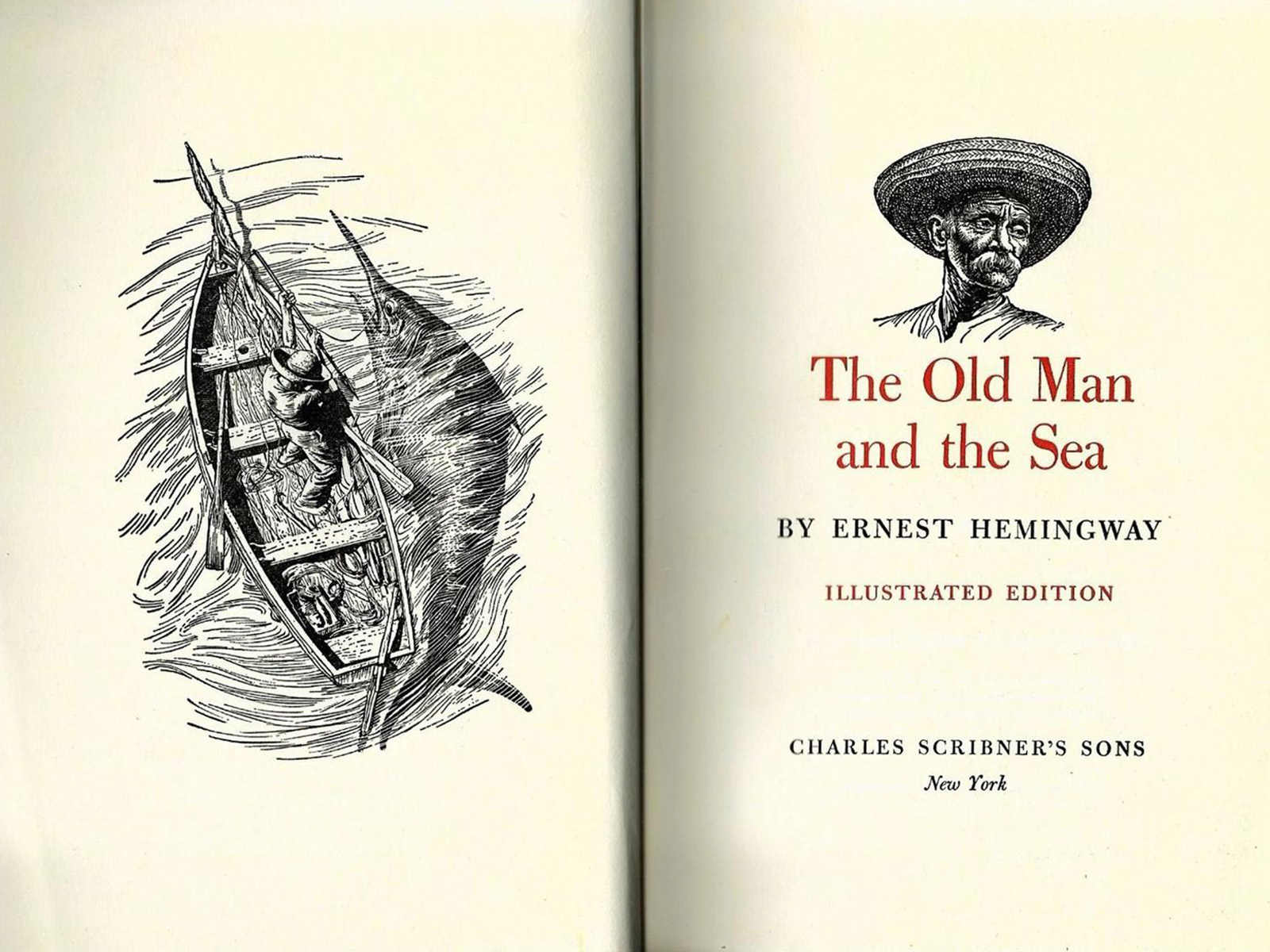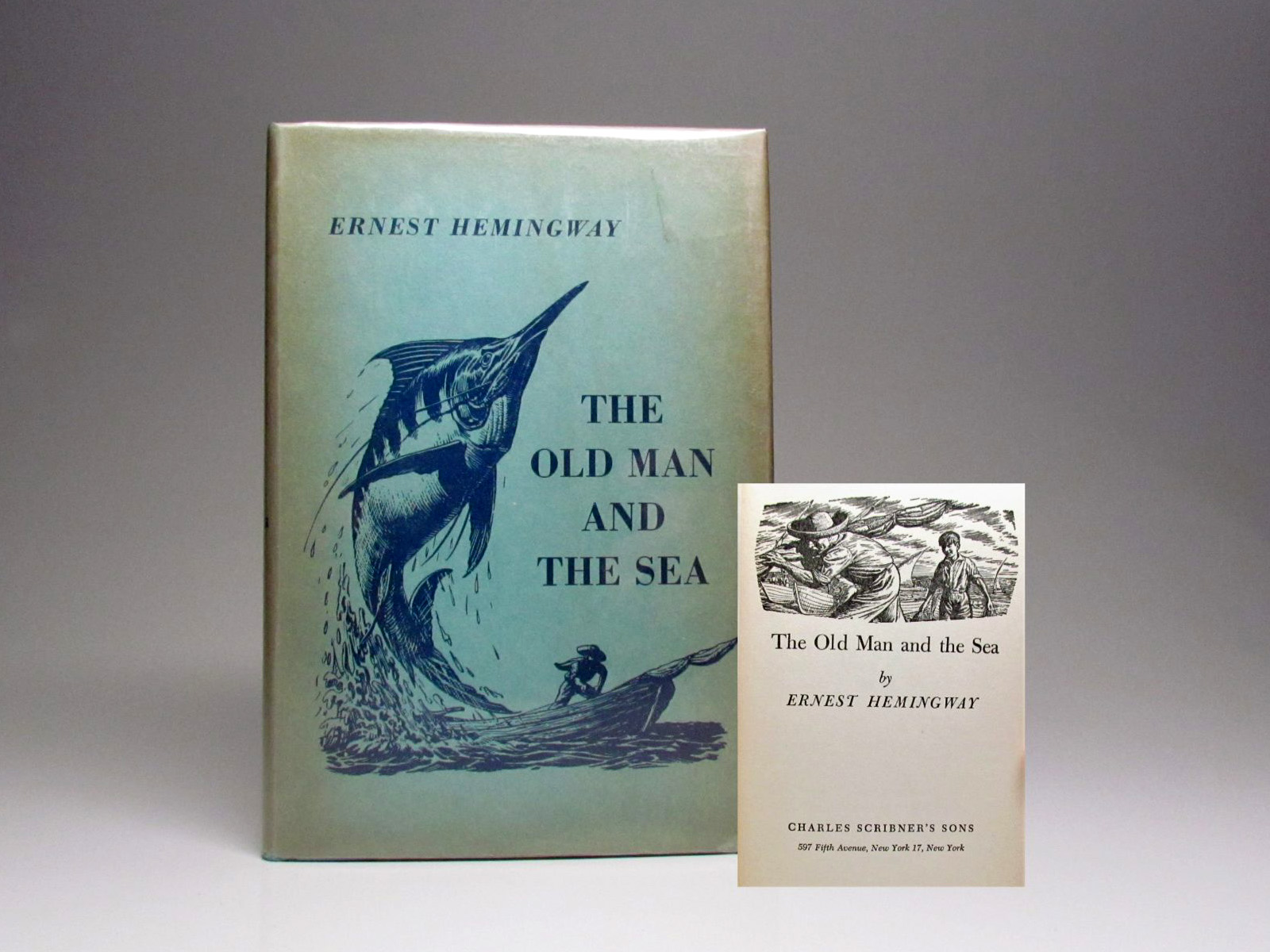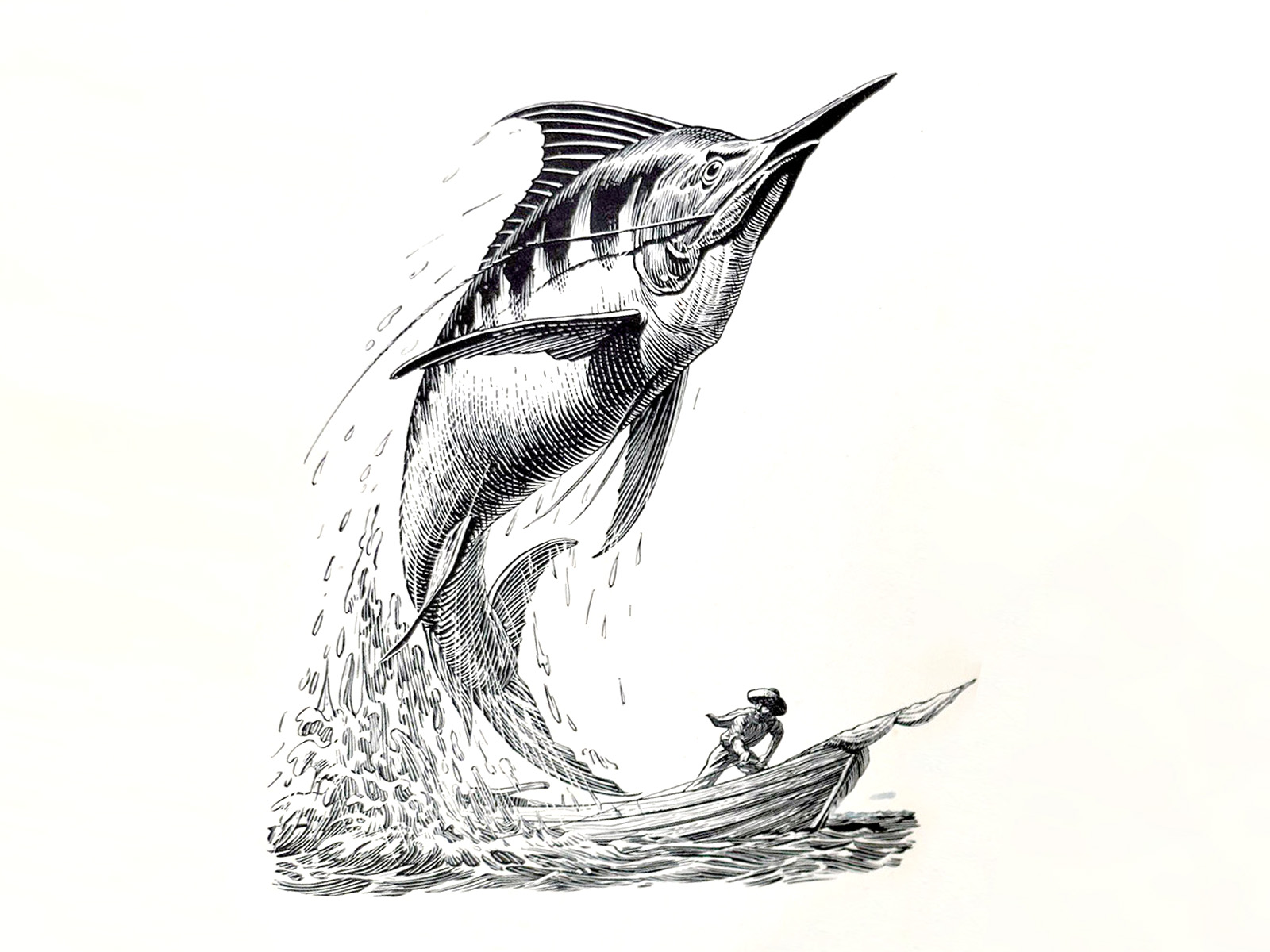A meaningful race for all: International Aquamasters Open Water Swimming Championships
Some consider it the masterpiece of naval literature, others the best book in the history of world literature. The story of writing The Old Man and the Sea, which gave passion and strength to sea lovers all over the world and won Ernest Hemingway the Nobel Prize for Literature, is also interesting.
The Old Man and the Sea, which made literary history as soon as it was published, has a special place for sailors. There is hardly a sailor who does not feel in his heart what Santiago, the protagonist of the book, feels, and who does not experience a similar struggle. The writing of the book begins exactly 16 years before its publication.
Ernest Hemingway first mentions the main story on which the book is based in his essay On the Blue Water, which was published in the April 1936 issue of Esquire. According to what he was told, an old sailor fishing off Havana caught a giant swordfish after struggling for two days. The fish was so big that it wouldn't fit in the boat. So the sailor tied the fish to the side of the boat and tried to pull it ashore. But just as he was about to be rewarded for his great struggle, he got attacked by sharks. When his friends found him, there was not much left of the giant fish. And the old sailor was almost out of his mind.

Hemingway builds on this short anecdote that he heard from someone for years in his mind. He whispers to his editor in 1950 that he is working on a book and that it will be very good. Hemingway had started to write many books in the past but left them unfinished. But this time it is different. Published in 1952, The Old Man and the Sea would be Hemingway's last work and masterpiece.
This 100-page novella proceeds in a very straightforward narrative without resorting to any literary wordplay. Despite being centered around (and often in the mind of) a single character, it nevertheless provides its readers with a layered experience. Hemingway layers and deepens the short anecdote he had heard earlier, and the result is much more than a simple adventure novel.
Accused of being cursed after 84 days without a catch, the old fisherman Santiago becomes a symbol of both an extraordinary struggle against nature and a unique respect for it. His relationship with the giant fish hooked on his fishing rod evokes different emotions in the reader. Santiago never thinks the fish as inferior. He thinks that they are both equal. He both respects the struggle of the fish to escape from him and admires its beauty. He leaves his own suffering aside as he tries to make sure that the fish does not suffer. He risks losing his own life trying to kill it.

Hemingway portrays all the intricacies of fishing, realistically conveying even the finest details as he writes about this struggle that lasted for days. On one hand, the reality of fishing flows while on the other, the book is layered with the fisherman's dreams and longings. Trying to overcome his loneliness by talking to himself, to the fish he catches, and to the stars, Santiago transcends himself at the point where strength and fragility, hope and disappointment intersect. He is left with nothing when he reaches the shore, but in fact his unique experience has made him someone else. Even if we lose everything we have, our memory and reminiscences will stay with us.
Those who have already read The Old Man and the Sea will perhaps want to revisit that wonderful adventure after reading this article. Those who have not read it yet are very lucky. Because now they know what to do when they want to read a book of unquestionable excellence.


